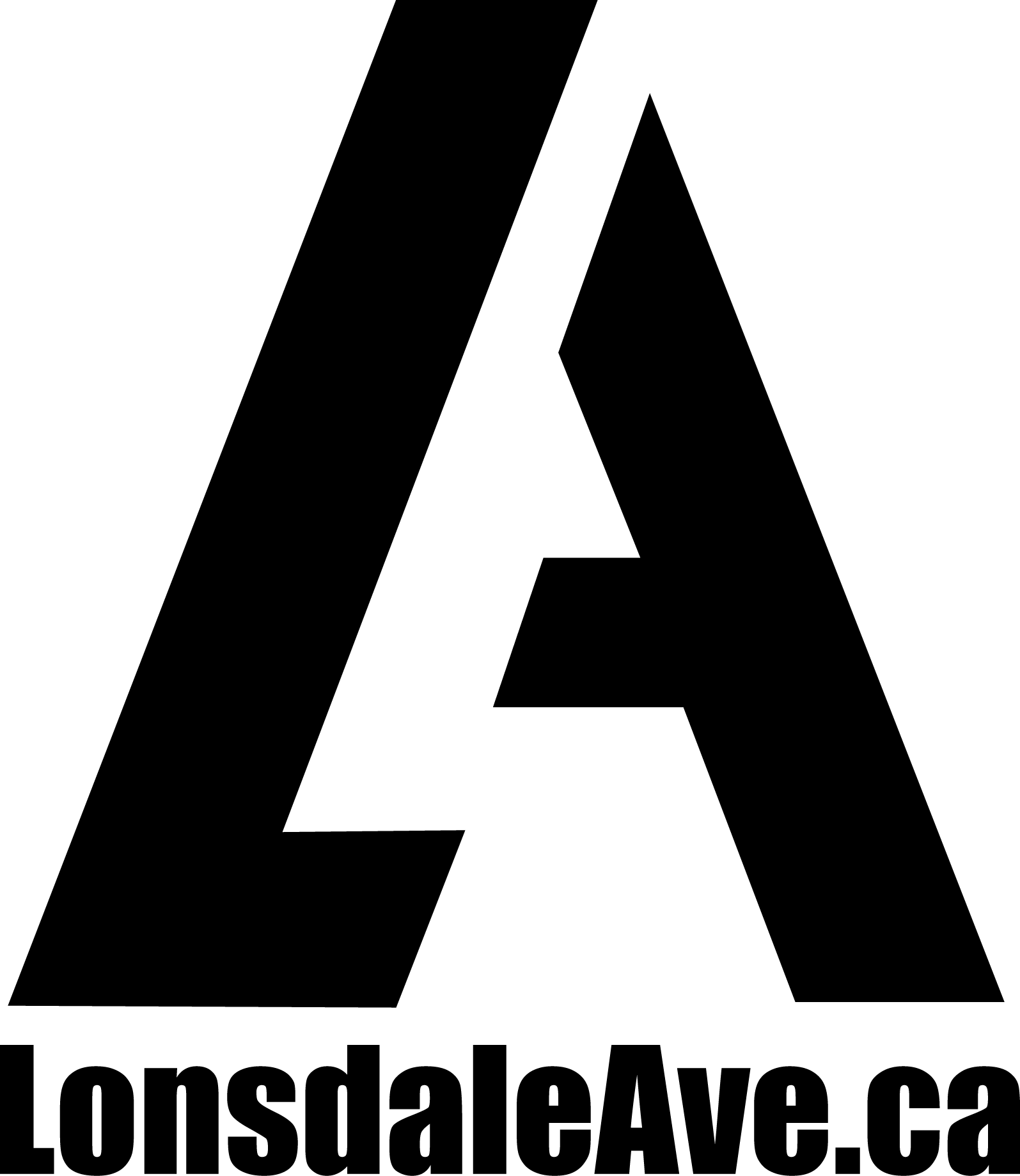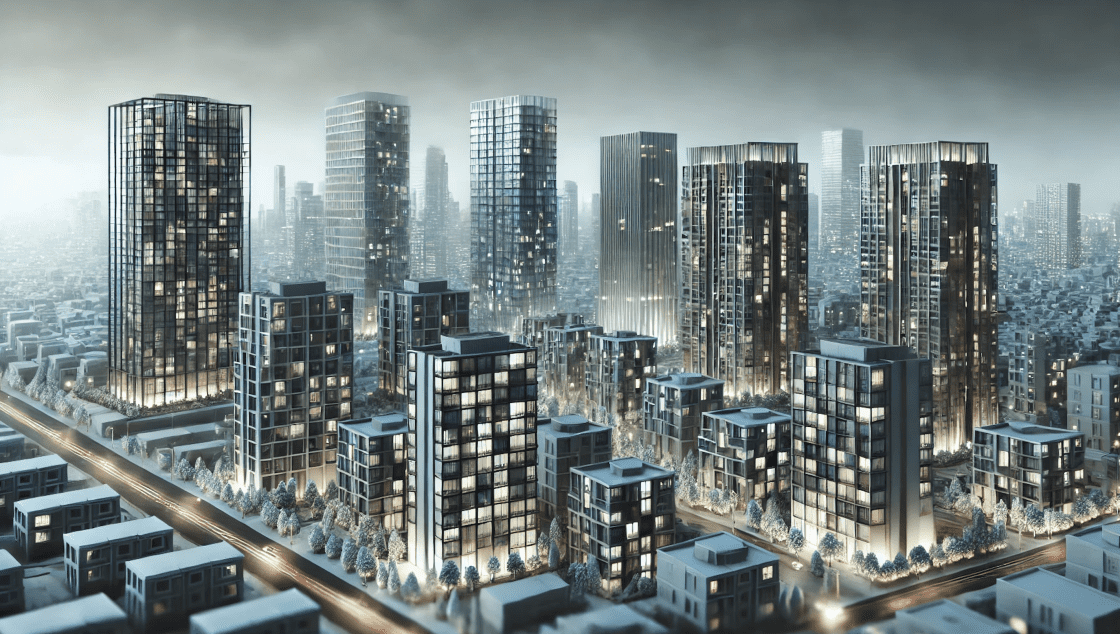Vancouver British Columbia Canada, is one of the most beautiful cities in the world, known for its stunning natural surroundings and cosmopolitan lifestyle. But beneath the surface, the city is grappling with a harsh reality: skyrocketing housing costs, a severe shortage of affordable homes, and an estimated 10-30% of homes and condos sitting empty. How can a city facing such an acute housing crisis allow so many properties to remain unoccupied? The answer lies in a toxic mix of foreign investment, speculation, policy gaps, and even money laundering.
Let’s be brutally honest: Vancouver’s housing market has become a playground for the rich, while everyday residents struggle to find a place to live. Here’s a closer look at the forces driving this housing debacle and what it means for the future of the city.
Foreign Investment and Speculation: Homes as Investment Vehicles, Not Places to Live
For decades, Vancouver has been a prime target for foreign real estate investment. Wealthy individuals, particularly from China and other parts of Asia, have been buying up condos not to live in but as a safe place to park their wealth. These investors are betting on Vancouver’s consistently high real estate prices, often leaving these units empty in the hopes that property values will appreciate.
Instead of being homes, many of these condos are treated like stock shares or commodities—vehicles for storing and growing wealth. These empty units drive up housing prices across the city, making it even harder for local residents to afford homes.
It’s no secret that speculative behavior plays a massive role in Vancouver’s housing crisis. Investors buy properties, sit on them for years without tenants, and wait for the right time to sell for a handsome profit. As a result, a significant portion of Vancouver’s housing stock remains underutilized, contributing to both inflated prices and the housing shortage.
Money Laundering: The “Dirty Money” Factor
In addition to legitimate foreign investment, Vancouver has earned an unfortunate reputation for being a hub for money laundering, with real estate at the center of it all. The term “snow-washing” has been coined to describe how billions of dollars in illicit funds are laundered through Canadian real estate, with Vancouver as a major hotspot.
Investigations like the Cullen Commission revealed that money from organized crime, drug trafficking, and other illegal activities has been funneled into Vancouver’s housing market, driving up prices and leaving many units empty. These buyers are not interested in the homes themselves; they are using Vancouver’s condos as a way to clean their dirty money. The result? More vacant properties, higher prices, and deeper inequities in the local housing market.
“Pied-à-terre” Properties: Secondary Residences for the Wealthy
Another factor behind Vancouver’s empty condos is the phenomenon of “pied-à-terre” ownership. Some of these condos are bought by wealthy individuals who don’t live in Vancouver full-time. Instead, they use these properties as occasional residences for vacations, business trips, or other short-term stays. While these units are technically occupied from time to time, they remain vacant for much of the year.
This practice has become especially prevalent in luxury condo developments, where affluent buyers don’t rely on rental income and prefer to have a second (or third) home at their disposal whenever they choose to visit the city. Unfortunately, this does nothing to address the housing shortage or provide long-term housing options for local Vancouver residents.
Strata Restrictions: A Hidden Barrier to Rental Supply
Many of Vancouver’s condo buildings are governed by strata councils (similar to condominium associations), and these councils can impose strict rules on how properties can be used. In some cases, strata bylaws restrict owners from renting out their units, even if they want to.
This means that even if an owner wants to rent out their empty condo, they might not be allowed to due to strata rules. These restrictions artificially suppress the supply of rental housing, exacerbating the city’s housing shortage and pushing more people into a precarious housing situation.
Airbnb and Short-Term Rentals: Profitable but Problematic
Short-term rental platforms like Airbnb have also had a significant impact on the vacancy rates in Vancouver’s condo market. Many property owners opt to rent out their units on a short-term basis to tourists rather than offering them as long-term rentals. This practice often leaves condos vacant for much of the year, as they are not consistently booked.
While the City of Vancouver has implemented regulations to curb the number of short-term rentals, enforcement has been challenging. Many owners still prefer the flexibility and profitability of Airbnb over long-term leases, contributing to the city’s vacancy problem.
The Wealthy Local Resident Effect: Multiple Homes, Minimal Use
It’s not just foreign investors and speculators leaving condos empty—many local wealthy residents own multiple properties, often using one as their primary residence and keeping others as investment properties or vacation homes. These units often sit vacant for extended periods because the owners don’t need the rental income or are waiting for property values to rise further.
This practice further distorts Vancouver’s housing market, as it creates a situation where available housing stock is not fully utilized, even as demand for affordable homes continues to soar.
Developers and Luxury Condos: Building for Profit, Not for Need
Vancouver’s real estate developers have contributed to this problem by focusing on building luxury condos rather than affordable housing. Why? Because high-end units offer far higher profit margins. Many of these developments are marketed directly to investors, both local and international, with little regard for the city’s desperate need for affordable housing.
This has resulted in an oversupply of high-end condos that the average Vancouverite simply cannot afford. So while the city experiences a housing crisis, many of these luxury units remain unsold or, worse, empty, further straining the market.
Government Policy: A Step in the Right Direction, But Is It Enough?
In an attempt to address the issue of empty condos, Vancouver has introduced measures like the Empty Homes Tax, which targets properties that are left vacant for more than six months. The Speculation and Vacancy Tax also aims to discourage non-resident owners from holding vacant properties. These taxes are meant to push property owners to either sell or rent their homes, thereby adding more housing supply to the market.
However, these taxes have had limited success. For many wealthy owners, the cost of these taxes is simply the price of doing business. They are willing to absorb the extra cost if it means they can continue holding on to their properties for future profits.
A Market Misaligned With Local Needs
At the core of Vancouver’s condo vacancy problem is a fundamental misalignment between the housing being supplied and the housing people actually need. The bulk of the empty condos are luxury or high-end units, far beyond the reach of most residents. Meanwhile, the demand for affordable housing remains unmet.
Vancouver’s housing market is increasingly viewed as a financial asset, rather than a basic human need. As long as real estate is treated like an investment vehicle, driven by speculation and global money flows, ordinary Vancouverites will continue to be priced out of the market, and more condos will remain empty.
The Price of a Broken System
Vancouver is caught in a vicious cycle where housing is no longer just about providing homes—it’s about wealth preservation, speculation, and, in some cases, even money laundering. The city’s empty condo problem is a symptom of a deeper, systemic issue: the commodification of housing in a globalized economy.
Until Vancouver makes fundamental changes to how it regulates real estate, encourages the construction of affordable housing, and cracks down on illegal activities like money laundering, the problem of empty condos will persist. And with it, so will the housing crisis that continues to push local residents to the brink.
Vancouver is at a crossroads: it can either remain a haven for the rich, with homes sitting empty as mere assets, or it can take bold steps to prioritize housing for the people who live and work in the city. For the sake of its future, let’s hope it chooses the latter.
Useful Resources
Greater Vancouver Realtors
Wowa Leads Inc
Remax Blog
Zolo Real Estate Data
BC Real Estate Assoc
Canadian Real Estate Assoc
Canada Mortgage Housing Corp
Realtor MLS Network
YWCA Housing Program
Vancouver Public Library
Nesto Website
Vancouver Housing Subreddit
Lets Talk Housing


